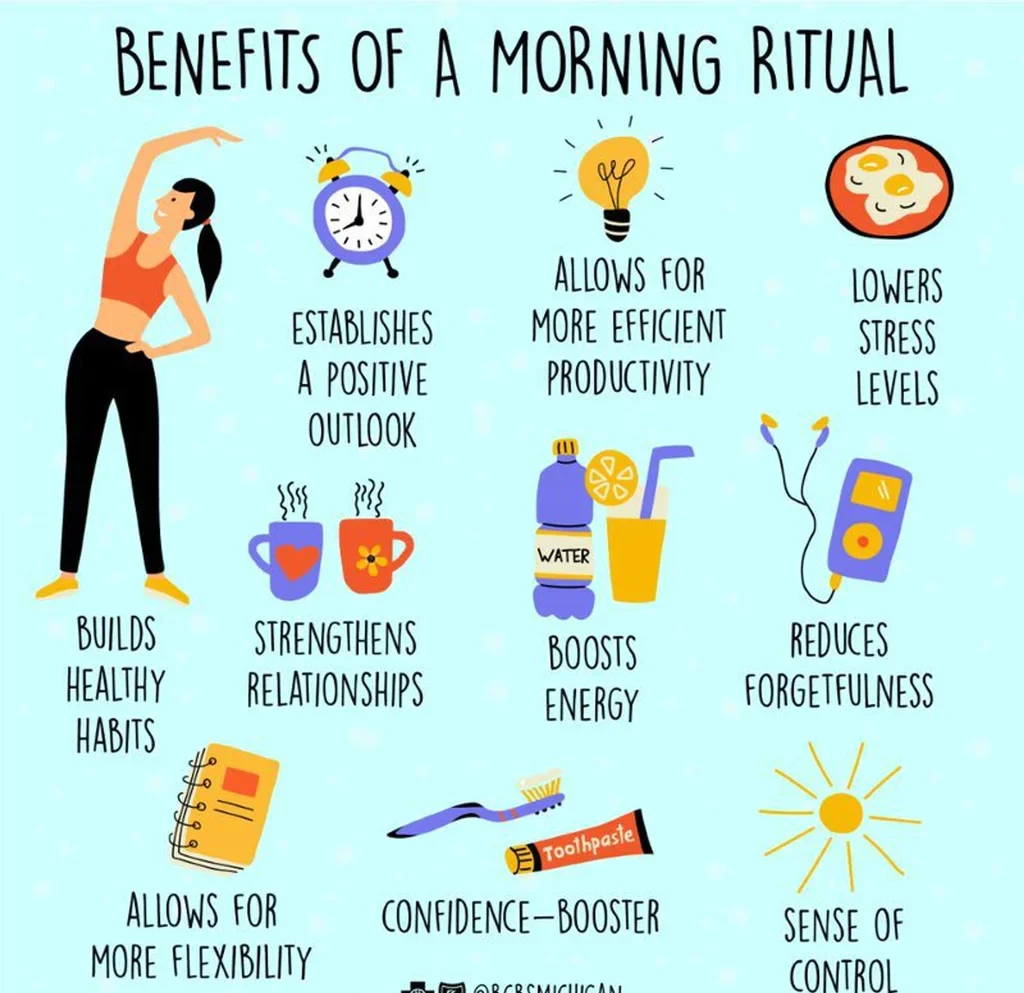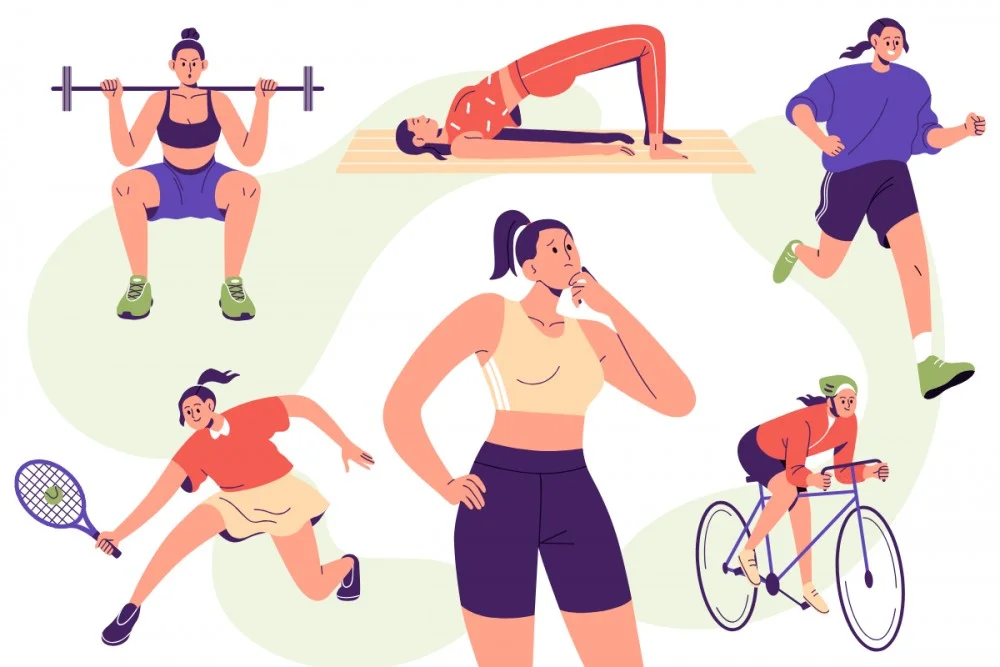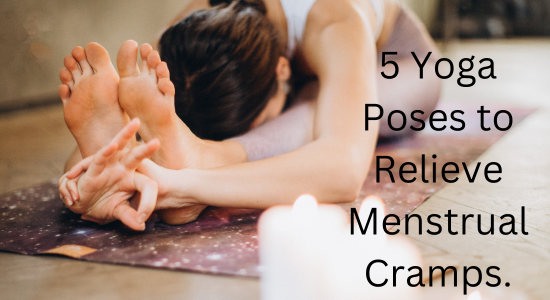Boost your energy and health with daily routines designed for women. Learn practical women’s health routines and energy tips backed by science for lasting wellness.
Introduction
Many women today face constant demands from work, family, and personal commitments. These pressures often lead to chronic fatigue, stress, and declining health.
According to the National Sleep Foundation, nearly 60% of women report feeling tired most days, and research from the CDC highlights that women are more likely than men to suffer from sleep deprivation and stress-related fatigue.
While energy supplements and caffeine might offer quick fixes, they rarely solve the root problem. The key lies in building daily routines that nurture both physical and mental well-being. In this article, we’ll explore scientifically supported habits that women can adopt to boost energy, improve health, and build resilience against everyday stressors.
Common Mistakes That Drain Women’s Energy
Before building new habits, it’s important to recognize what might be causing fatigue in the first place:
-
Skipping breakfast or eating sugary foods: This causes blood sugar spikes and crashes, leaving women drained mid-morning.
-
Over-relying on caffeine: Coffee provides a short-term lift but often disrupts sleep and increases anxiety.
-
Neglecting hydration: Even mild dehydration can impair focus, cause headaches, and reduce energy.
-
Inconsistent sleep patterns: Poor sleep quality or irregular schedules disrupt hormone regulation and natural circadian rhythms.
-
Ignoring stress management: Chronic stress elevates cortisol, which over time drains mental and physical vitality. (Read about The Impact of Stress on Reproductive Health.)
By avoiding these pitfalls, women can create space for routines that promote sustained energy.
Energy-Boosting Daily Routines
1. Morning Rituals to Start the Day Right
How you begin your day often sets the tone for the rest of it.
-
Hydrate upon waking: Drink at least 250–500 ml of water to replenish fluids lost overnight. Adding lemon can support digestion.
-
Gentle movement: A short 10-minute yoga sequence, light stretching, or brisk walking can stimulate circulation and increase oxygen flow.
-
Balanced breakfast: Choose high-protein, high-fiber foods such as eggs, Greek yogurt, oats with chia seeds, or a smoothie with leafy greens. This prevents mid-morning crashes.
-
Mindful moments: Spending 5 minutes in meditation or journaling reduces stress and prepares the mind for focus.
2. Smart Nutrition Throughout the Day
Food is the body’s fuel, and quality matters as much as quantity.
-
Eat energy-sustaining meals: Incorporate whole grains, lean proteins (chicken, tofu, lentils), healthy fats (avocados, nuts), and colorful vegetables.
-
Snack wisely: Almonds, hummus with veggies, or fruit with nut butter are excellent choices.
-
Plan ahead: Preparing meals reduces the temptation to grab processed snacks that spike blood sugar.
-
Watch portion sizes: Eating too much at once can lead to sluggishness, while small, balanced meals maintain energy.
3. Movement and Physical Activity
Physical activity doesn’t just improve fitness — it directly boosts energy.
-
Mini workouts: Incorporate short bursts of activity during the day, like desk stretches or 10 squats every hour.
-
Aim for 150 minutes per week: The CDC recommends at least this much moderate exercise, such as brisk walking, cycling, swimming, or dancing.
-
Strength training: Two to three sessions per week can increase muscle mass, improve metabolism, and boost long-term energy.
-
Active lifestyle choices: Take the stairs, walk to the store, or do household chores energetically to stay moving.
4. Stress Management and Mindfulness
Unchecked stress is one of the biggest drains on women’s health. Daily stress-reduction practices are essential.
-
Breathing techniques: The 4-7-8 method (inhale for 4, hold for 7, exhale for 8) calms the nervous system.
-
Mindfulness breaks: A few minutes of meditation or simply focusing on deep breaths helps reset mental energy.
-
Journaling: Writing down thoughts or practicing gratitude lowers stress and improves mental clarity.
-
Boundaries: Learn to say no to unnecessary commitments to preserve energy.
5. Evening Wind-Down Routine
Nighttime rituals are as important as morning ones.
-
Digital detox: Turn off screens at least 30 minutes before bed to reduce blue light exposure.
-
Relaxing activities: Reading, light stretching, or a warm bath signal the body it’s time to rest.
-
Consistent schedule: Aim for 7–9 hours of sleep and go to bed at the same time daily to regulate circadian rhythms.
-
Sleep-friendly environment: A cool, dark, quiet bedroom enhances sleep quality.
Practical Examples of Daily Routines
-
Working professional: Wake up at 6:30 AM, hydrate, do 15 minutes of yoga, eat a protein-rich breakfast, take a short lunchtime walk, and journal in the evening.
-
Stay-at-home mom: Incorporate a quick workout while kids nap, snack on fruit and nuts, and create a bedtime ritual with light stretches.
-
College student: Replace energy drinks with hydration, take active study breaks, practice breathing exercises before exams, and stick to a regular sleep routine.
Solutions and Actionable Advice
-
Start small: Focus on one new habit per week instead of overhauling your lifestyle all at once.
-
Track progress: Note daily energy levels, moods, and sleep quality to see patterns.
-
Personalize routines: Adjust according to age, lifestyle, or specific health needs.
-
Consult professionals: If fatigue persists despite healthy habits, seek medical evaluation to rule out conditions like anemia, thyroid disorders, or PCOS.
FAQ Section
Q1: What is the fastest way to boost energy during the day?
A: Drink water, take a brisk 5–10 minute walk, or do deep breathing exercises.
Q2: Can diet alone improve women’s energy levels?
A: Yes, balanced nutrition supports sustained energy, but pairing it with exercise, stress management, and good sleep is most effective.
Q3: How much sleep do women really need?
A: Most women need 7–9 hours of quality sleep. Poor sleep can affect hormones and energy cycles.
Q4: Does caffeine harm women’s health?
A: Moderate caffeine intake is safe, but overuse can disrupt sleep, raise stress hormones, and cause dependency.
Q5: Which vitamins are most important for women’s energy?
A: Iron, vitamin B12, magnesium, and vitamin D are essential for energy and overall health. Always consult a doctor before supplementation.
Q6: Can exercise actually reduce fatigue?
A: Yes. Regular exercise increases oxygen delivery, improves circulation, and reduces fatigue over time.
Q7: How long until daily routines show results?
A: Most women notice improvements in energy and mood within 2–4 weeks of consistent practice.
External Resources
Conclusion
Energy and health are not determined by one-off solutions but by consistent daily habits. By focusing on hydration, balanced nutrition, regular exercise, stress management, and quality sleep, women can create lasting routines that support both body and mind.
Small, sustainable changes practiced every day can lead to remarkable improvements in overall wellness and vitality.



